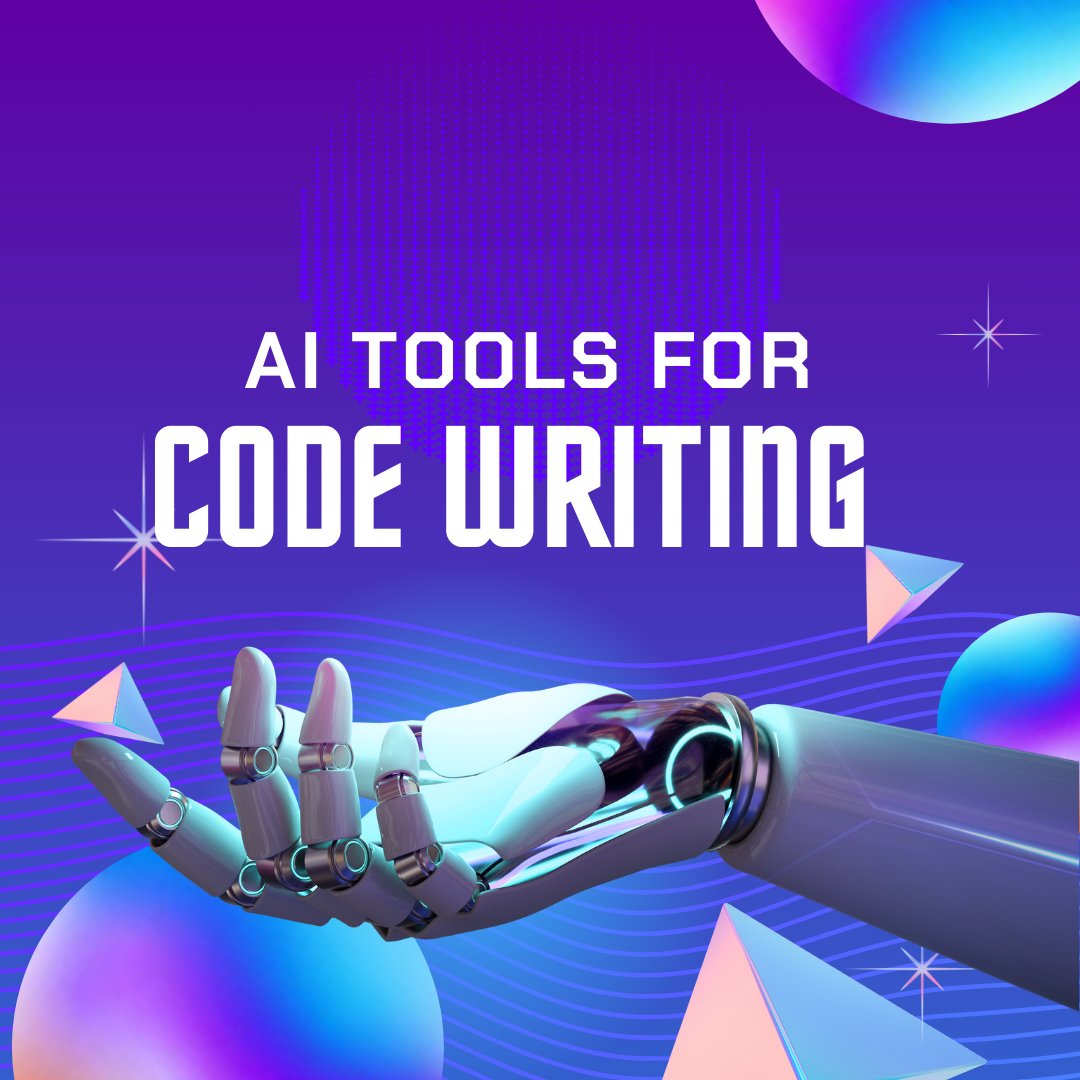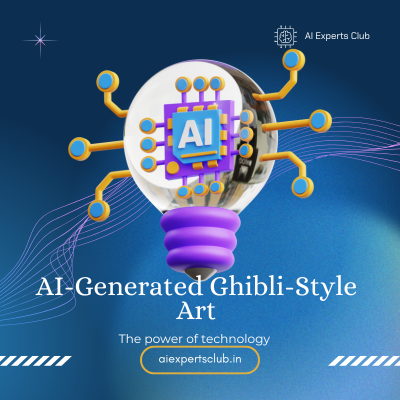Which AI Tool is Designed To Help Uers Write And Edit Code Efficiently?
Best AI for coding free:- Many AI tools are now specifically designed to help users write and edit code efficiently, transforming the coding experience by reducing repetitive tasks, increasing productivity, and improving code quality. Some of the most popular AI coding assistants include GitHub Copilot, Tabnine and Kite. Each of these tools offers unique features that cater to different coding needs and skill levels, from beginner-friendly autocompletion to advanced debugging and security insights.
GitHub Copilot, developed by GitHub in collaboration with OpenAI, is powered by the Codex model, designed to suggest code snippets based on natural language prompts or partially written code. This tool excels in generating entire blocks of code and can handle multiple languages and frameworks, making it ideal for quickly building prototypes or learning new languages. As developers type, Copilot provides suggestions and even adapts to the style and structure of their code, allowing for seamless integration into projects.
Tabnine is another AI-driven tool that uses deep learning models to offer context-aware code completions. It learns from each developer’s coding patterns, adapting to personal or team-specific styles. Unlike Copilot, Tabnine places a significant focus on security, offering private model training that can be tailored to specific codebases, which is beneficial for teams working on proprietary software. This customization ensures the suggestions are relevant and consistent, helping to maintain code quality and reducing syntax errors.
Kite provides intelligent code completion, documentation, and function signatures. It integrates with several popular editors and is especially favored by Python and JavaScript developers. Kite offers a lightweight solution that speeds up development by providing real-time suggestions and documentation, making it useful for both beginners and professionals who want to improve efficiency without interrupting their workflow.
1. GitHub Copilot
Key Features: GitHub Copilot uses OpenAI’s Codex model to provide code suggestions directly in your editor. It predicts whole lines or blocks of code, integrates seamlessly with VS Code, and supports numerous programming languages, making it versatile for all kinds of coding projects.
How to Use: To use Copilot, install the GitHub Copilot extension in your preferred IDE (VS Code, Neovim, JetBrains, etc.), sign in with a GitHub account, and start typing. Copilot will suggest code based on your input; you can accept suggestions by pressing `Tab` or scroll through suggestions.
Benefits: GitHub Copilot helps save time and minimizes coding errors by offering relevant suggestions. It assists in creating boilerplate code quickly and learning new languages or libraries by showing syntax and structure. It also enhances productivity, as developers can focus on more complex logic instead of repetitive tasks.
2. Tabnine
Key Features: Tabnine provides context-aware code completions using deep learning. It supports multiple languages, integrates with popular editors, and is customizable to adapt to your unique coding style. Tabnine’s Pro version offers private model training on your codebase, making it ideal for team use.
How to Use: Install Tabnine as an extension in your editor (like VS Code, Atom, Sublime Text) and configure preferences for code completion. As you code, Tabnine suggests completions based on your syntax and previous patterns.
Benefits: By analyzing your codebase, Tabnine helps provide code that’s consistent with your style, reducing syntax errors and increasing productivity. Its private model training feature is especially useful for teams, ensuring that code suggestions align with internal libraries and practices.
3. Kite
Key Features: Kite is an AI-powered code completion tool offering real-time suggestions and documentation. It provides autocomplete, function signatures, and even error-checking features, supporting over 20 languages and popular editors.
How to Use: After installing Kite, it integrates directly with your editor. As you type, Kite offers relevant code suggestions, inline documentation, and intelligent autocompletions to assist with functions and arguments.
Benefits: Kite speeds up development by reducing manual typing and helping developers quickly understand unfamiliar libraries. With its focus on Python and JavaScript, it’s especially beneficial for data scientists and web developers, allowing them to code faster with fewer errors.
4. CodeWhisperer by Amazon
Key Features: CodeWhisperer provides AI-powered code suggestions for AWS-related development. It suggests code completions, snippets, and functions, integrating deeply within the AWS ecosystem for optimized cloud development.
How to Use: CodeWhisperer is available as part of AWS IDE toolkits like AWS Cloud9 or Visual Studio Code. Install the toolkit, enable CodeWhisperer, and it will suggest code as you type, particularly helpful for AWS services and APIs.
Benefits: CodeWhisperer reduces time spent searching for AWS documentation or example code, making it easier to develop cloud applications. It’s ideal for developers heavily involved in AWS projects, offering efficiency and guidance for serverless and cloud-based solutions.
5. Repl.it Ghostwriter
Key Features: Ghostwriter in Repl.it offers real-time code suggestions, bug fixes, and explanations. Integrated with the Repl.it IDE, it covers several languages and has debugging features, making it an excellent tool for beginners.
How to Use: Sign up on Repl.it and start a new project. Ghostwriter will automatically provide code suggestions and debug tips as you work, which you can accept, modify, or ignore.
Benefits: Ghostwriter makes coding and learning accessible, especially for beginners. With real-time suggestions and explanations, it lowers the learning curve, helping users understand coding structures and fix errors, thus building skills faster.
6. Codex by OpenAI
Key Features: Codex, the engine behind GitHub Copilot, can interpret natural language to generate code. It supports multiple programming languages and can transform written prompts into executable code, making it a flexible and powerful tool for coding assistance.
How to Use: Codex is accessed via the OpenAI API or GitHub Copilot. After integrating with an IDE, type natural language prompts, and Codex will generate corresponding code, which you can edit as needed.
Benefits: Codex is useful for developers and non-programmers alike, as it interprets English instructions into code. This can accelerate learning, assist in prototyping, and even help automate repetitive coding tasks, thus enhancing productivity.
7. IntelliCode by Microsoft
Key Features: IntelliCode provides intelligent code completions based on code context. Available in Visual Studio and VS Code, it offers recommendations, detects repetitive patterns, and makes it easy to adopt consistent coding practices.
How to Use: Enable IntelliCode in Visual Studio or VS Code. It suggests code completions as you type and identifies patterns, making refactoring and standardization smoother.
Benefits: IntelliCode helps streamline coding practices within teams, improving code consistency and readability. By suggesting commonly used patterns, it enhances both speed and code quality, especially in collaborative settings.
8. Ponicode
Key Features: Ponicode specializes in generating and maintaining unit tests, ensuring robust testing coverage. It automates test creation and provides intelligent suggestions, making it ideal for developers focused on quality assurance.
How to Use: Install Ponicode as a VS Code extension. After enabling it, you can auto-generate unit tests for your code and review Ponicode’s suggestions for improving code robustness.
Benefits: Ponicode reduces the time spent on writing and maintaining unit tests, ensuring that code is well-tested. This is beneficial for quality assurance, preventing future bugs and enhancing software reliability.
9. Sourcegraph Cody
Key Features: Cody is an AI-powered code assistant that helps developers navigate and understand large codebases. It provides code completion, search, and understanding of complex code, ideal for enterprise-level projects.
How to Use: Integrate Cody within the Sourcegraph platform to navigate through code repositories. It assists with search, code suggestions, and provides insights into unfamiliar code structures.
Benefits: Sourcegraph Cody is an AI-powered coding assistant that enhances code search and navigation. Benefits include:
- Context-aware code search across large codebases
- AI-powered code autocompletion
- Automated code refactoring suggestions
- Integration with multiple IDEs and repositories
- Enhanced productivity for large teams working on complex projects







